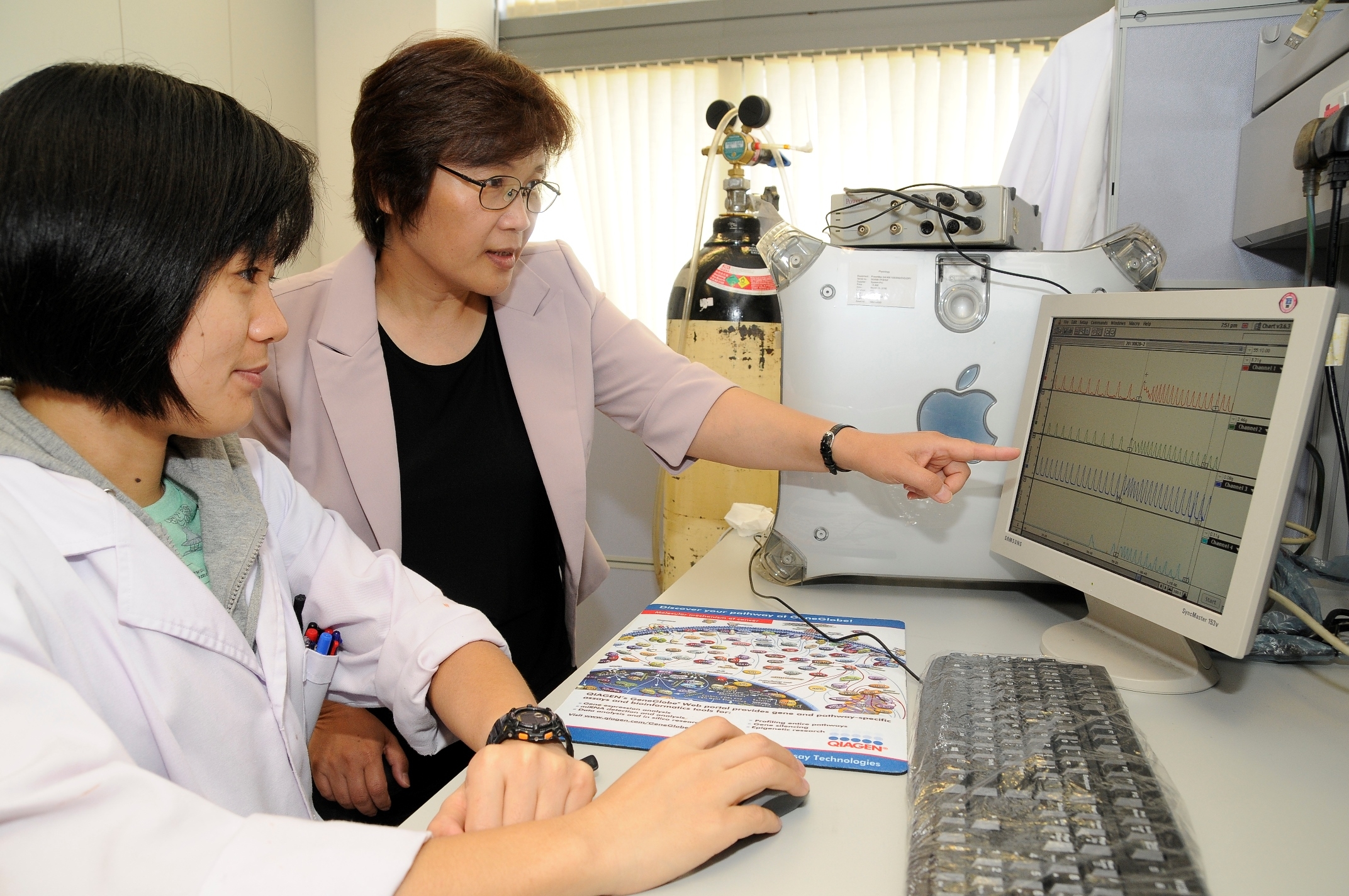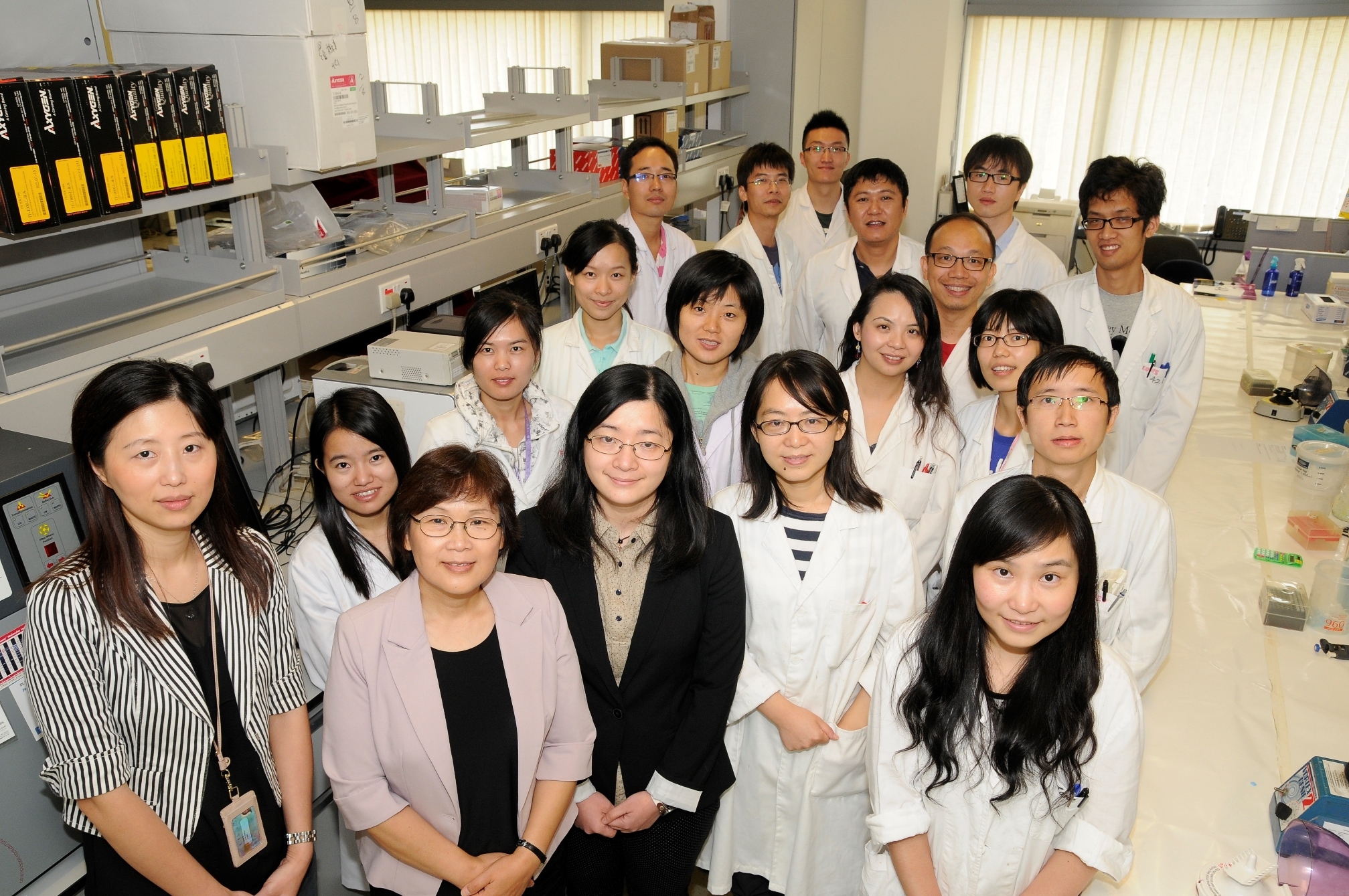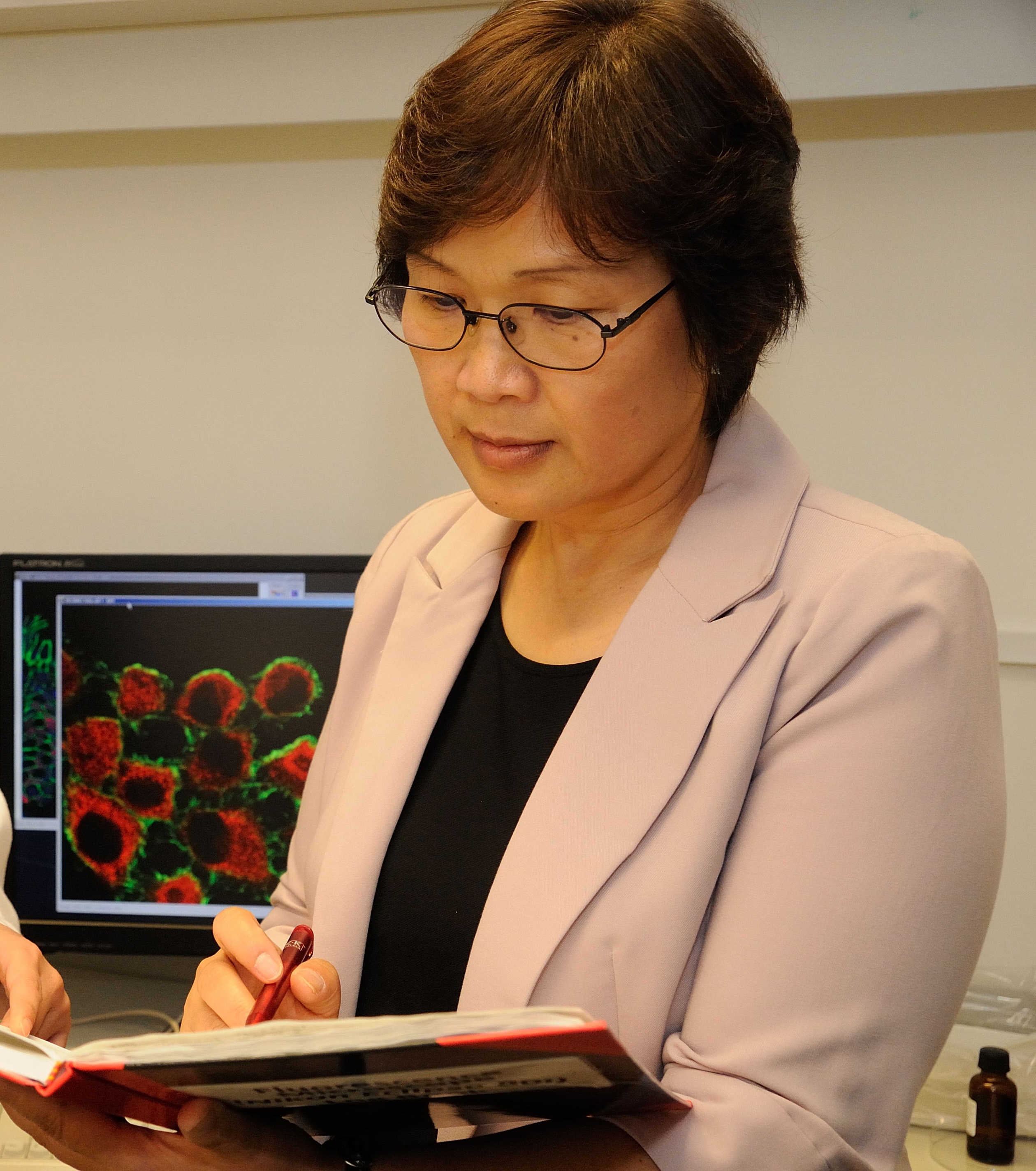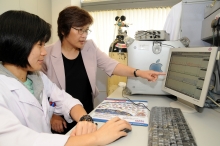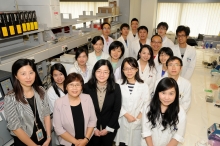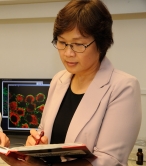CUHK
News Centre
CUHK Research Explains Why Patients with Cystic Fibrosis Often Develop Diabetes
Recent research led by Professor CHAN Hsiao Chang, Li Ka Shing Professor of Physiology and Director of the Epithelial Cell Biology Research Centre at The Chinese University of Hong Kong (CUHK), explains why patients with cystic fibrosis often develop diabetes. The study also suggests a potential treatment strategy for cystic fibrosis associated diabetes. The finding has been published in an international leading scientific journal, Nature Communications.
Diabetes mellitus or diabetes is a chronic metabolic disease with over 300 million people suffering worldwide, which could be either insulin insufficient (type 1 diabetes) or insulin resistant (type 2 diabetes). Insulin insufficiency or impairment in insulin-secreting pancreatic islet β-cells is also found combined with insulin resistance in type 2 diabetes. However, the cause of insulin insufficiency remains unknown in many diabetic cases apart from the generally accepted cause of β-cell damage by autoimmunity.
Mutations of the gene encoding cystic fibrosis transmembrane conductance regulator (CFTR) are known to cause cystic fibrosis and epidemiological studies have shown that patients with cystic fibrosis often develop diabetes but the underlying reasons have been poorly understood.
The study, led by Professor CHAN Hsiao Chang at CUHK, reveals a previously unrecognized contribution of an anion channel CFTR to the function of pancreatic β-cells. It demonstrates an important role of CFTR in insulin secretion and explains why patients with cystic fibrosis often develop diabetes.
The research further demonstrates that an experimental drug for the treatment of cystic fibrosis restores normal function of β-cells with this mutation, suggesting a potential treatment strategy for cystic fibrosis associated diabetes. The findings also suggest that defects in CFTR expression and function may also underlie insulin insufficiency in many unexplained diabetic cases.
The research team led by Professor Chan has a long-standing interest in CFTR, particularly intrigued by how CFTR mutations lead to a range of disorders/diseases. Their previous works published in highly visible scientific journals have also provided explanations on how CFTR defect results in infertility and ovarian abnormalities.
Recent research led by Professor CHAN (right) explains why patients with cystic fibrosis often develop diabetes.
The research team led by Professor Chan (front row, 2nd left) has a long-standing interest and achievement in CFTR research.


